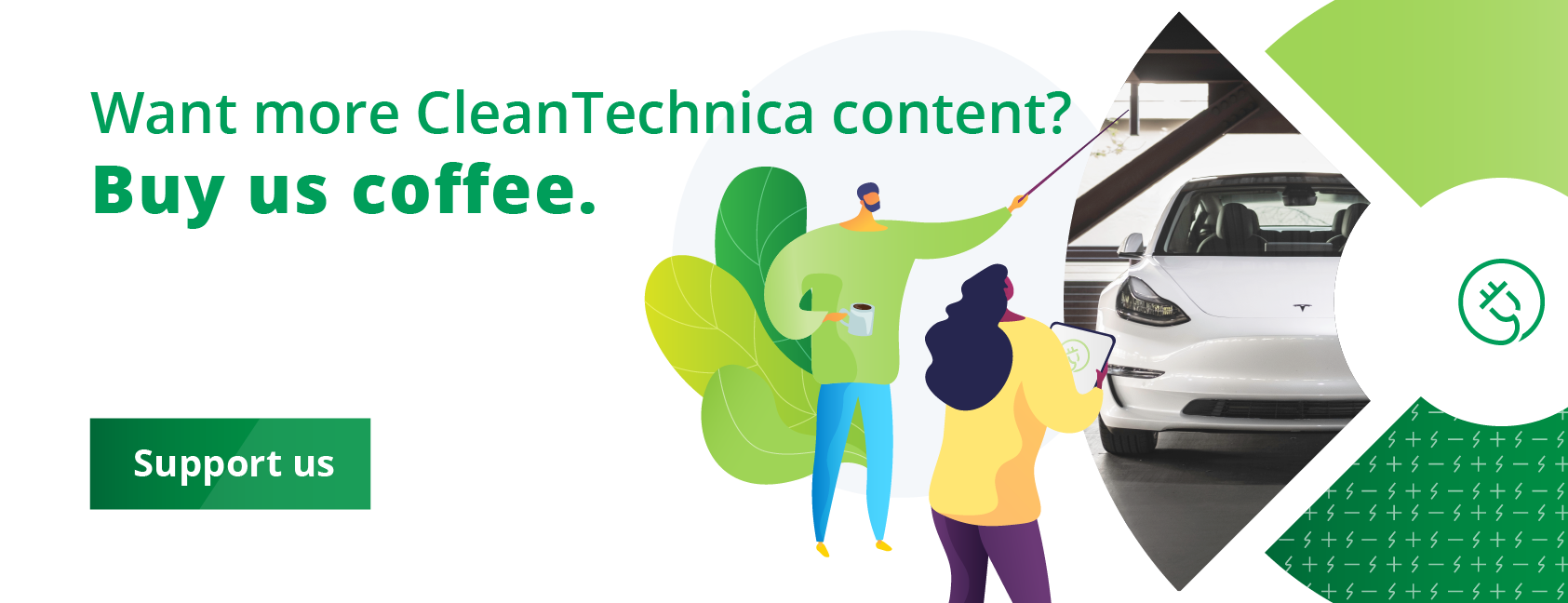
There is good news today for renewable energy advocates. Dominion Energy, the largest utility company serving Virginia, has concluded an agreement with the Metropolitan Washington Airports Authority to construct the largest airport solar farm in America at Dulles International, one of several airports serving the Washington, DC area. The project will break ground later this year and its 200,000 solar panels are expected to be installed and fully online by 2026.
All the electricity produced will serve Dominion Energy Virginia customers. The 100 MW solar farm will have 50 MW of battery storage and will occupy 835 acres owned by MWAA. Instead of paying rent on the land, Dominion will construct two 1 MW rooftop solar systems covering carports at Dulles international.
The output from the solar carports will partially power airport facilities. The deal includes 18 electric transit buses, 50 electric fleet vehicles, and the installation of electric vehicle charging stations to power all those electric vehicles. CleanTechnica readers will note there is no mention of EV chargers for the public in this announcement.
Solar Farm Politics
Occasionally, one of our loyal readers will quibble that politics should not be part of our regular reporting. We wish we could erect a firewall between clean technology and the world of politics, but unfortunately that would leave our readers uninformed on important issues. Such is the case here.
The state of Virginia, before it was governed by a rabid right wing governor, enacted legislation that requires all electricity in Virginia to be zero emissions by 2045. (The law considers electricity from nuclear power plants to be zero emissions.) In order to comply, Dominion Energy wants to have 16,000 MW of solar power installed by 2035.
But urban vs. rural sentiments are strong in Virginia and the current governor is threatening to roll back the renewable energy mandates approved by his predecessor. Many of the new solar farm installations Dominion will need to install will be located in rural counties, where opposition is strong and getting stronger.
Local Opposition
The Associated Press reports that residents in those counties complain about the loss of farmland, visual pollution, and construction noise. In recent months, Henry, Pittsylvania, Clarke, and Shenandoah counties have all taken steps to restrict or regulate new solar farm projects.
Bev McKay, a supervisor in Clarke County, said it is unfair that rural counties should bear the brunt of hosting solar farms. Urban areas “are huge users of electricity and there is no reason that the urban areas cannot generate their share of solar energy instead of depending on the rural areas to do it for them,” he said at a Board of Supervisors meeting last month.
To make matters worse, Dominion Energy and the State Corporation Commission have estimated the push for zero emissions energy in Virginia will cause a 72% increase in electricity rates between 2020 and 2035. Why that would be is not exactly clear. Solar power is the cheapest form of electricity in the world, but connecting all the panels in a solar farm to the grid often involves constructing new transmission lines, which can be expensive.
As we have noted before, it is not surprising that rural residents get annoyed when they see wires overhead taking electricity from a solar farm nearby to those pinheads in the city. It seems axiomatic that those locals should derive some benefit from all that lovely green energy themselves, but somehow the people who plan such things never seem to see it that way.
It is curious, however, that while many locals want to restrict renewable energy installations from being located next door to them, they have no problem with fracking operations located within a few feet of their homes, schools, and churches. The fact that gas and oil companies like to spread liberal amounts of money around to local politicians might have something to do with different points of view depending on what sort of energy is being discussed.
Dominion & Renewables
Dominion says it already has about 2,000 megawatts of solar power in operation and has another 7,000 megawatts, including the Dulles International project, in various stages of development. That means Dominion will still need to find dozens of additional sites across the state in coming years to reach its 16,000 megawatt target.
Edward Baine, president of Dominion Energy Virginia, said the company works closely with local governments to ensure the projects are palatable. For example, he said some of the earliest projects lacked vegetative buffers to minimize the visual impact. Now that kind of buffer is standard. “We want to make sure those counties are satisfied” with how the projects are developed, he said.
At the groundbreaking for the Dulles International solar farm last week, Senator Mark Warner tiptoed lightly around all the political crosscurrents. He praised local leaders for getting the Dulles project done and spoke of the need to build such projects. He also acknowledged that his office is receiving increasing complaints about solar farms and said that solar projects are just one part of the solution to meeting energy needs in a sustainable way. “This is an issue that’s not going away and that’s why you can’t have a single solution,” he said.
To get some idea of the complex policy considerations that went into getting the Dulles International solar farm approved, consider this. In a press release, Dominion Energy said the project received final approval earlier this year after an extensive multi-year review by the U.S. Department of Transportation, Federal Aviation Administration, and Virginia State Corporation Commission, among other state and federal agencies. Imagine the amount of time and effort that went into getting all interested parties involved in the project to reach an agreement.

Seeing Solar Panels Is A Good Thing
The visibility of the Dulles International solar farm is a feature, not a flaw. At the groundbreaking ceremony, officials cited the symbolic importance of a massive solar project that will be visible to travelers at the airport, which serves as the region’s hub for international travel.
“The image that they now will see when they look out the window upon landing and see the solar panels that have been installed at this airport is exactly the type of forward image we want to make sure that the world sees,” Fairfax County Board of Supervisors chairman Jeff McKay told AP.
“This partnership will result in the largest renewable energy project ever developed at a U.S. airport,” said Jack Potter, President and CEO of MWAA. “It’s just one of many ways the Airports Authority is constantly working to be a good steward of the environment. We look forward to working with Dominion Energy to help provide emission-free electricity to serve the growing energy needs of the Dulles community and the National Capital Region.”
“This groundbreaking marks the beginning of a historic achievement — a first-of-its-kind renewable energy project at a major U.S. airport,” Senator Mark Warner added. “I’m hopeful this partnership will serve as a model for future renewable energy projects across the country, paving the way for a greener, energy-independent future. With additional federal investments in clean energy made possible by the bipartisan infrastructure law and the Inflation Reduction Act, I’m confident that Virginia will continue to lead the way in innovative clean energy production.”
I don’t like paywalls. You don’t like paywalls. Who likes paywalls? Here at CleanTechnica, we implemented a limited paywall for a while, but it always felt wrong — and it was always tough to decide what we should put behind there. In theory, your most exclusive and best content goes behind a paywall. But then fewer people read it! We just don’t like paywalls, and so we’ve decided to ditch ours. Unfortunately, the media business is still a tough, cut-throat business with tiny margins. It’s a never-ending Olympic challenge to stay above water or even perhaps — gasp — grow. So …



